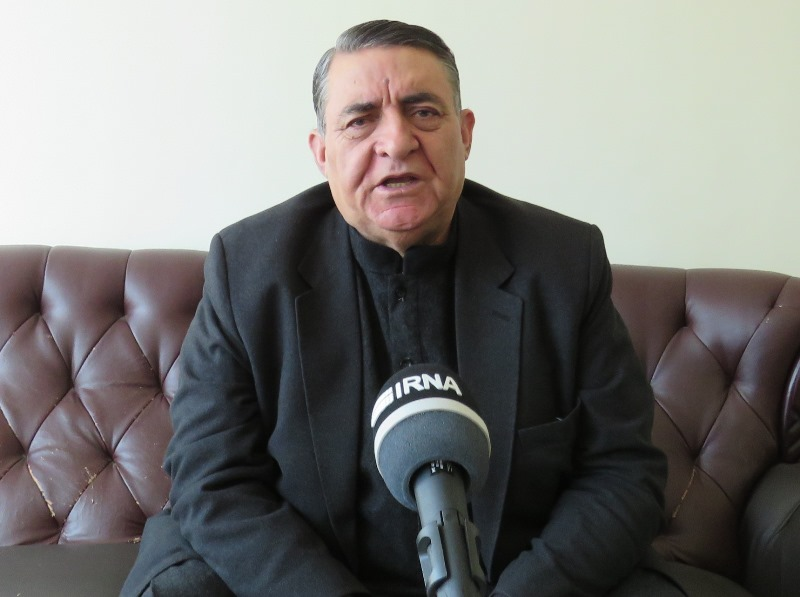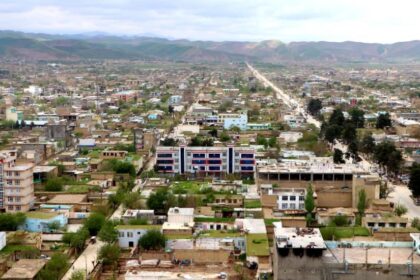RASC News Agency: As both India and Pakistan place their air defense systems on heightened alert across contested border regions, Afghanistani political analyst Ahmad Saeedi has voiced serious concern over the intensifying tensions between the two nuclear-armed neighbors. While he maintains that a full-scale war is not yet inevitable, he warns that the conditions are ripe for a dangerous military confrontation. “In recent days, tensions between India and Pakistan have surged to alarming levels,” Saeedi told RASC News. “Although it remains uncertain whether this crisis will erupt into a full-blown regional war, the danger of a serious and potentially uncontrollable military clash is growing.”
The latest flare-up in hostilities was triggered by a deadly attack in the Pahalgam region of Indian-administered Kashmir, where 26 people including 24 Indian tourists were killed in a coordinated assault. The Indian government swiftly blamed the attack on militant groups allegedly operating out of Pakistan, placing direct responsibility on Islamabad. In response, India has moved decisively to downgrade its diplomatic ties with Pakistan. “New Delhi has suspended the Indus Waters Treaty a foundational agreement governing the shared use of river waters,” Saeedi noted. “Additionally, it has revoked entry visas for Pakistani nationals and sealed official border crossings.”
Pakistan, in a reciprocal move, has responded with a series of punitive measures. “Islamabad has closed its airspace to Indian commercial and military aircraft, halted bilateral trade, and issued a stern warning that any Indian attempt to manipulate the flow of river waters would be viewed as an act of war,” Saeedi explained. This dangerous tit-for-tat dynamic has rekindled memories of past crises between the two countries, both of which possess formidable nuclear arsenals. Saeedi emphasized the volatility of the situation, recalling the troubled history of conflict between the two nations. “India and Pakistan have a long record of military skirmishes and confrontations, yet they have historically managed to avoid total war,” he observed. “However, this moment feels markedly different in intensity and risk.”
Saeedi stressed that major global powers including the United States, China, and Russia are currently working behind the scenes to defuse tensions and prevent a catastrophic conflict. “The international community is acutely aware that a war between India and Pakistan would have devastating consequences, not only for South Asia but for global stability,” he said. “The presence of nuclear weapons on both sides raises the stakes exponentially.” He concluded by urging immediate diplomatic engagement and restraint from both parties. “This is a time for measured diplomacy, not brinkmanship,” Saeedi warned. “Although the situation is deeply unstable, the path to peace still exists. If leaders fail to seize this opportunity, the region could be plunged into one of the most destructive conflicts of the modern era.”






